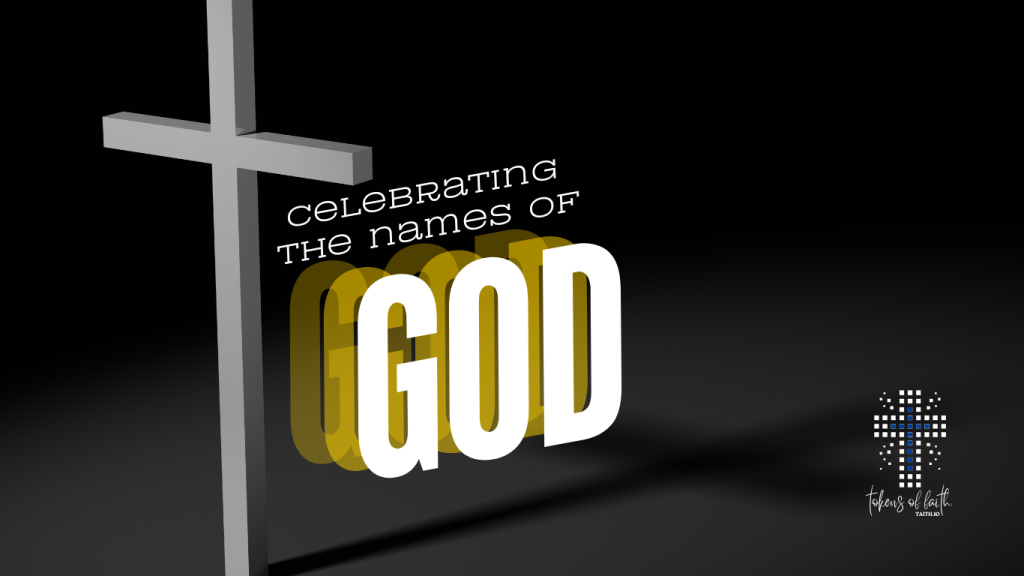The Chosen: Who Are They? Why not me?

Yes, the concept of a “chosen people” is present in both the Old and New Testaments of the Bible, with significant implications in Jesus’ teachings and the broader Christian understanding of God’s plan.
Old Testament Context
- Israel as Chosen People: In the Old Testament, the Israelites are often referred to as God’s chosen people. This is rooted in the covenant God made with Abraham, Isaac, and Jacob, and later with Moses and the nation of Israel at Mount Sinai. Passages such as Deuteronomy 7:6-8 and Exodus 19:5-6 emphasize that God chose Israel to be a holy nation and a kingdom of priests.
Jesus’ Teachings
- Fulfillment of the Covenant: Jesus, as a Jew, affirmed the significance of Israel’s role in God’s plan. He often referred to the Jewish scriptures and saw his mission as a fulfillment of the promises made to Israel (Matthew 5:17, Luke 24:44).
- Inclusivity of God’s Kingdom: While acknowledging Israel’s special status, Jesus’ teachings also emphasized the inclusivity of God’s kingdom. He reached out to marginalized groups, including Gentiles (non-Jews), and taught that faith, not ethnic heritage, was the key to being part of God’s people. Parables like the Good Samaritan (Luke 10:25-37) and his interactions with Gentiles (e.g., the Roman centurion in Matthew 8:5-13) highlight this inclusivity.
- New Covenant: Jesus’ establishment of the New Covenant, through his death and resurrection, expanded the concept of God’s chosen people to include all who believe in him, regardless of their ethnic background. This is seen in the Great Commission, where Jesus instructs his disciples to make disciples of all nations (Matthew 28:19-20).
New Testament Context
- The Church as God’s People: The early Christian church, influenced by Jesus’ teachings and the work of apostles like Paul, understood itself as the continuation and fulfillment of God’s promise to have a chosen people. Paul, in his letters, emphasizes that both Jews and Gentiles who have faith in Jesus are part of God’s people (Galatians 3:28-29, Romans 10:12-13).
- Spiritual Israel: The concept of the “chosen people” is broadened in the New Testament to include all believers, often referred to as the spiritual Israel. Peter writes to Christians, calling them “a chosen people, a royal priesthood, a holy nation, God’s special possession” (1 Peter 2:9).
Summary
While the Old Testament clearly identifies Israel as God’s chosen people, Jesus’ teachings and the New Testament writings expand this concept to include all who have faith in Jesus Christ, making the “chosen people” a spiritual community rather than one defined by ethnic heritage. This reflects the inclusive nature of God’s kingdom and the fulfillment of his promises through Jesus.






Responses